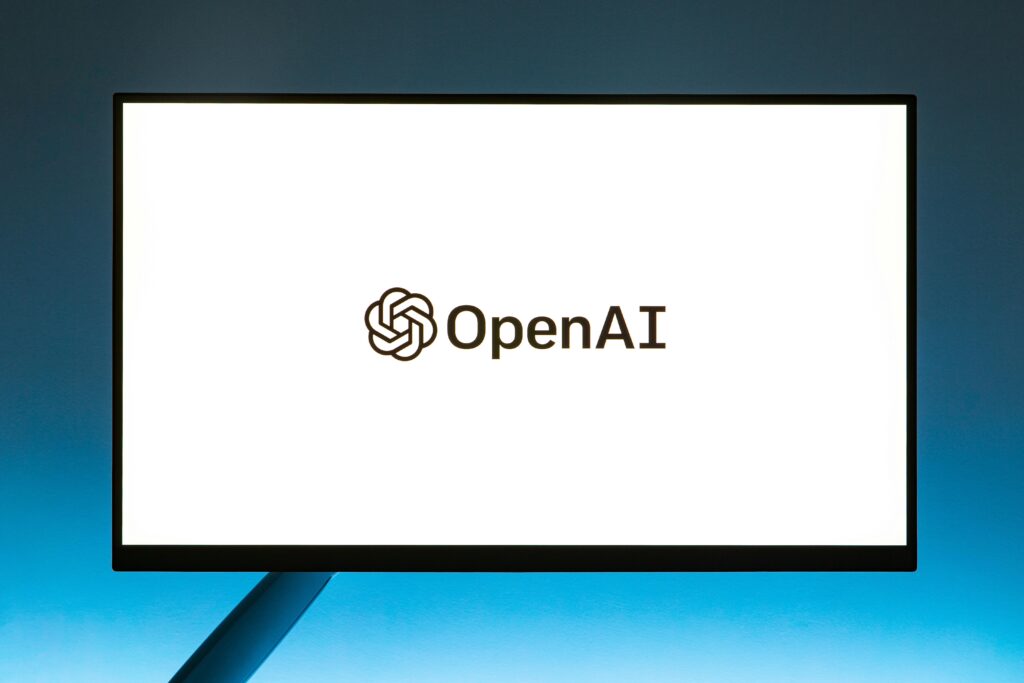The Google Core Update has wreaked havoc amongst marketers and SEO’s over the last 3 weeks – but what exactly is it and what does it mean for your website?
Late last year (2023), Google introduced a new algorthimic update known as the HCU (or Helpful Content Update for those not-in-the-know). This update was essentially all focused on weeding out web pages and content that weren’t suitable for a users query and instead favouring that which was more in line with the users search and intent.
The introduction of this update came as no surprise – as slowly but surely over the last few years, AI content creation has been on the up. Now, this isn’t necessarily a bad thing – but human involvement is required for what’s becoming known as AIO (Articial Inteligence Optimisation).
Google’s Search Documentation actually states that it favours content written using their E-E-A-T. This means content needs to be produced that ticks off:
E – Experience
E – Expertise
A – Authority
T – Trustworthy
Basically, nobody knows your field better than you – right? So creating content that showcases all of the above is what Google wants you to do, to show them and the user that you’re right for the search.
Sign up to our newsletter to stay up-to-date with the latest trends and updates.
So, when the HCU rolled out – we kind of knew things were going to get a bit tighter with Google and AI produced content – but to what extent – nobody knew for sure.
Cut to March 2024 and Google drops their latest algorithm update – which within days, sees hundreds and thousands of sites traffic drop drastically or even be de-indexed completely.
Google announced that their latest significant algorithm and policy updates are to reduce spammy and ‘unhelpful’ content. We’ve already mentioned that in 2023 the Helpful Content Update focused on creating user-first content – but this ‘Helpful Content 2.0’ goes a little bit further than that. The expected reduction in low-quality content, Google has said, is around 40%.
“We believe these updates will reduce the amount of low-quality content in Search and send more traffic to helpful and high-quality sites. Based on our evaluations, we expect that the combination of this update and our previous efforts will collectively reduce low-quality, unoriginal content in search results by 40%.”

Additionally, Google has also updated it’s ‘Spam Policies’ documentation to aid in the low-quality content reduction:
“We’ll take action on more types of these manipulative behaviors starting today. While our ranking systems keep many types of low-quality content from ranking highly on Search, these updates allow us to take more targeted action under our spam policies.”

The Scaled Content Abuse policy focuses on reducing A.I produced nonsensical garbage. Google actually views bulk generation of A.I content as abuse – and can penalise your website for creating and publishing this content at scale to boost your organic search rankings.
John Mueller, a Google Search Advocate has said that content produced by AI falls under the category of auto-generated content, which could lead to a manual penalty from Google webmasters.
Now, this isn’t to say that unhelpful, low-quality content created by an actual human can’t be penalised too – because it can. Your site should reflect your expertise, experience and authority on what you’re all about (remember E-E-A-T) – to give the user the information they need when they need it.

As with any Google Core Update – the results and effects vary from website to website. The algorithm updates themselves take the entire month more or less, to roll out completely – so any drop in organic traffic or impressions or even indexed pages could be rectified by the time March ends. It’ll all even out by April and give us a good idea of what we need to do to move forward and how we, as marketers, can evolve and work better with AI content.
Have the latest updates made you question the credibility of your human-written content? Or have you been building a content bank on your website for the last year or so by utilising ChatGPT only to have your site de-indexed, traffic obliterated and hopes dashed?
SEO is not going anywhere fast – and as we move into a more A.I focused world, you need to start thinking about AIO (Artificial Intelligence Optimisation).
Our team of SEO Gurus specialise in all aspects of SEO, including algorithm recovery. If you’ve noticed a considerable drop in traffic and visibility this March, contact a member of our team to discuss the best way forward!
Want to know more about this topic? Leave your details and your enquiry below and one of our Guru’s will be in touch!
